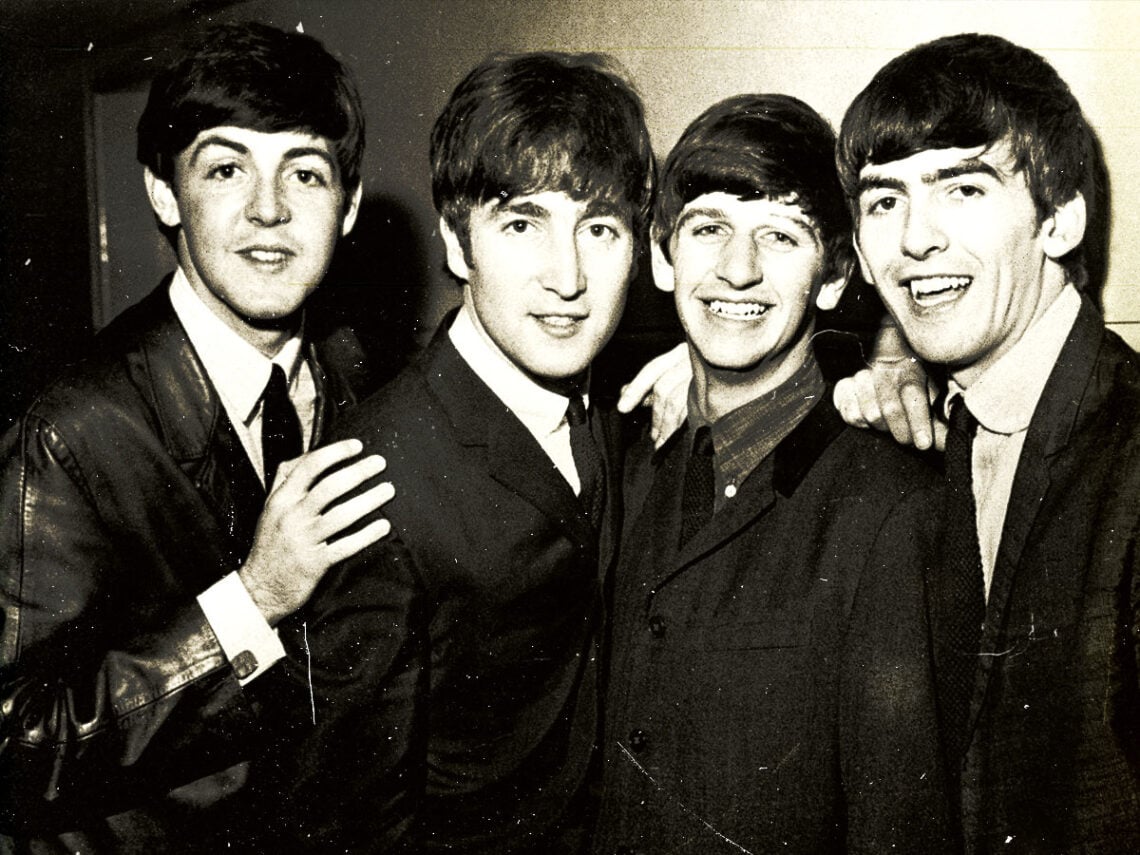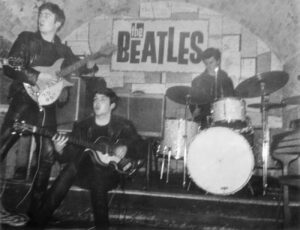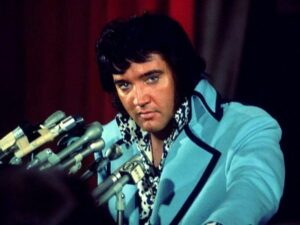In the early 1960s, a series of seemingly unbreakable number ones kicked off Beatlemania and changed what would forever be regarded as the landscape of music and fandom. The Beatles had worked hard to earn their status, but soon enough, the pressure they felt to maintain such a streak resulted in a strange sense of foreboding doom.
The band were, of course, used to this kind of pressure, but when they repeatedly clinched that much-desired number one spot, the novelty began to disappear. Moreover, they became victim to their own standard, finding it increasingly difficult to put up with the expectation to constantly churn out hit after hit. While creating great songs came naturally to the band, staying on top of their game proved to be somewhat of a burden.
According to Ringo Starr, instead of worrying about losing their steadfast prominence, the end of their string of number ones felt like a sigh of relief. “When that happened, we felt, ‘Thank God that’s over’,” he said. Adding: “It was a lot of pressure: we had a dozen in a row that went to number one, so the one that didn’t was a real relief.”
The ones that didn’t reach the top were beaten by Engelbert Humperdinck’s ‘Release Me’, which knocked back The Beatles’ ‘Penny Lane’ and ‘Strawberry Fields’ in 1967. At this point, the band had been dealing with the “constant screams” – to borrow a phrase from their road manager – for around four years non-stop. Hence, when everything seemed to slow down somewhat, it made the entire experience feel a lot less overwhelming.
It was this screaming that actually called a halt to their live shows. In fact, by 1967, you could argue that the band were actively pulling away from such pandemonium. Their style was evidently heading towards the avant-garde. While artistic expansion was the main impetus for this, with such a great understanding of what was considered a commercial hit, it certainly wouldn’t have been lost on the band that songs like ‘Revolution 9’ had a very different appeal to ‘Twist and Shout’.
Nevertheless, part of their brilliance was also that they hungered for hits too. They have exercised unrivalled influence partly because they always had hook-laden singles that dragged the world along with their evolution. Thus, for all, finally faltering from number one might’ve been a relief. It was also chastening at the same time for the uber-competitive band.
This was evidenced when Lennon seemingly took a pop at Humperdinck further down the line – someone he regarded as a poor musician. Although he didn’t ever actually say the words explicitly, he used his music as a way of lashing out at Paul McCartney during their feud, describing his music as “Engelbert Humperdinck music.”
Still, regardless of the various presentations of The Beatles’ successes, Beatlemania undeniably became its own entity, with people from all over the world still very much appreciating everything they did for music. Their ongoing legacy proves that, just like many other musicians, you don’t constantly have to aim for the number one spot in the charts to truly make a lasting impact.



